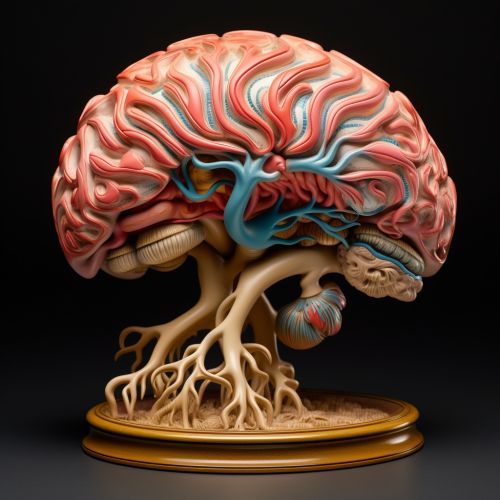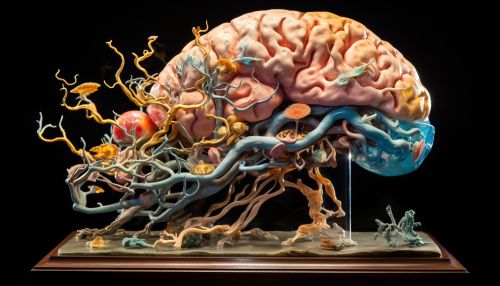Theoretical Approaches to Consciousness Studies
Introduction
Consciousness studies is a multidisciplinary field that encompasses a wide range of theoretical approaches. These approaches seek to understand the nature of consciousness, its origins, its development, and its role in our lives. This article explores the major theoretical approaches to consciousness studies, including dualism, materialism, panpsychism, and cognitive theories, among others.


Dualism
Dualism is a theoretical approach that posits the existence of two distinct entities: the mind and the body. This approach is often associated with the philosopher René Descartes, who argued that the mind and body are fundamentally different in nature. The mind, according to Descartes, is a non-physical entity that cannot be explained by physical laws, while the body is a physical entity subject to these laws. This view, known as Cartesian dualism, has been influential in the field of consciousness studies, but it has also been criticized for its inability to explain how the mind and body interact.


Materialism
Materialism, in contrast to dualism, asserts that everything, including consciousness, can be explained in terms of physical processes. This approach is often associated with the philosophy of physicalism, which holds that everything that exists is no more than its physical properties. In the context of consciousness studies, materialism posits that consciousness is a product of physical processes in the brain. This view has been supported by advances in neuroscience, which have revealed correlations between brain activity and conscious experience.


Panpsychism
Panpsychism is a theoretical approach that posits that consciousness is a fundamental and ubiquitous feature of the universe. This view is often associated with the philosophy of Alfred North Whitehead, who argued that everything, even inanimate matter, has some degree of consciousness. In the context of consciousness studies, panpsychism suggests that consciousness is not limited to humans or even animals, but is present in all things. This view has been criticized for its lack of empirical support, but it has also been praised for its ability to reconcile the subjective nature of consciousness with the objective nature of science.


Cognitive Theories
Cognitive theories of consciousness focus on the cognitive processes that underlie conscious experience. These theories, which are often associated with the field of cognitive science, posit that consciousness arises from information processing in the brain. This view is supported by research in cognitive neuroscience, which has revealed that certain cognitive processes, such as attention and working memory, are closely associated with consciousness.


Conclusion
The theoretical approaches to consciousness studies are diverse and often conflicting, reflecting the complexity of the subject. Despite their differences, these approaches all seek to answer the same fundamental question: what is consciousness? While we may not have a definitive answer to this question, the ongoing exploration of these theories continues to shed light on the nature of our conscious experience.
